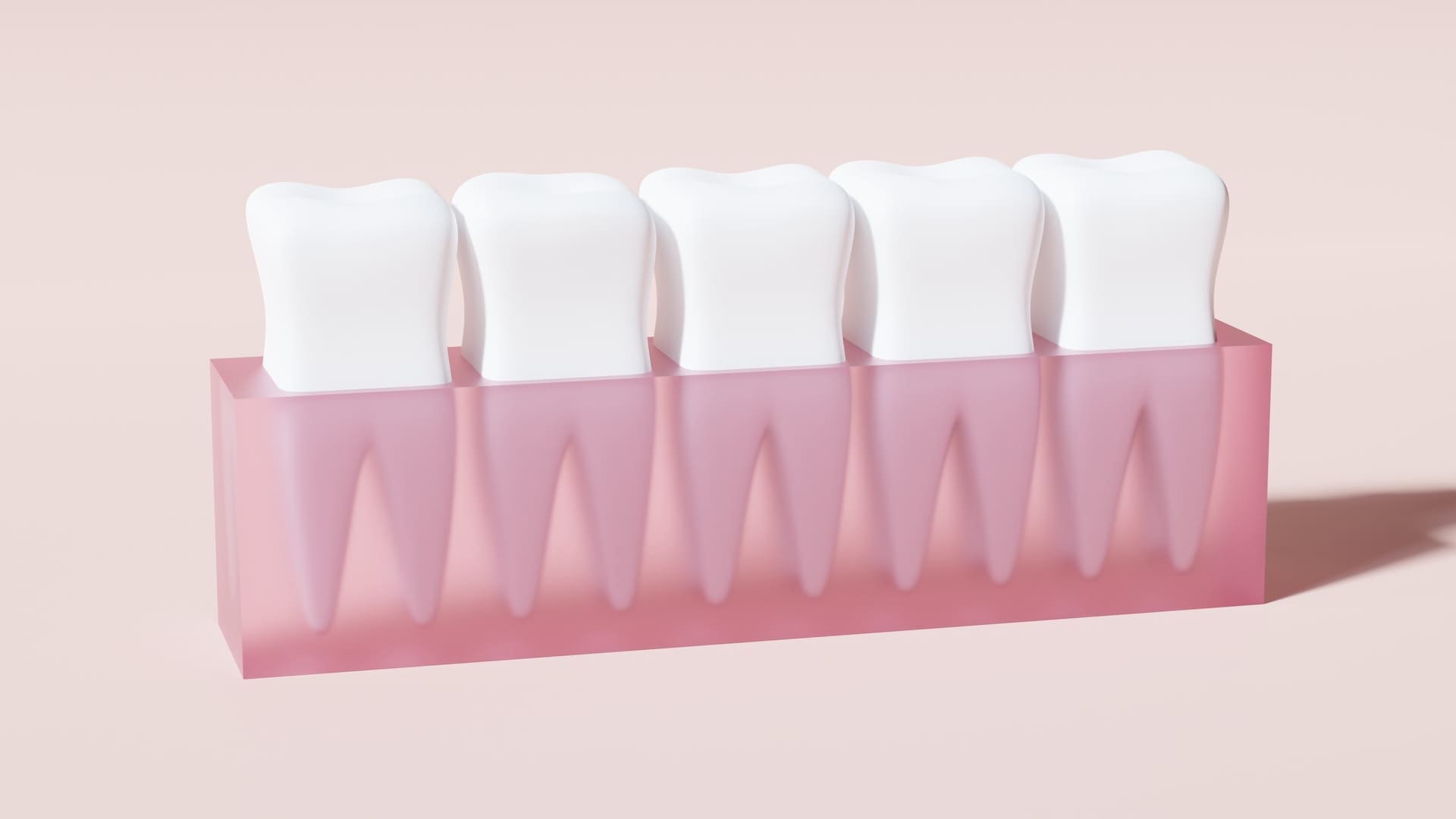Caring for Your New Dental Filling: Tips for a Healthy Smile

Dental fillings are a standard restorative dental treatment for repairing teeth damaged caused by trauma or decay. After receiving a new filling, it is imperative to care for your teeth to ensure the filling lasts as long as possible and to maintain good oral health. This article will provide you with aftercare tips for your new dental filling.

